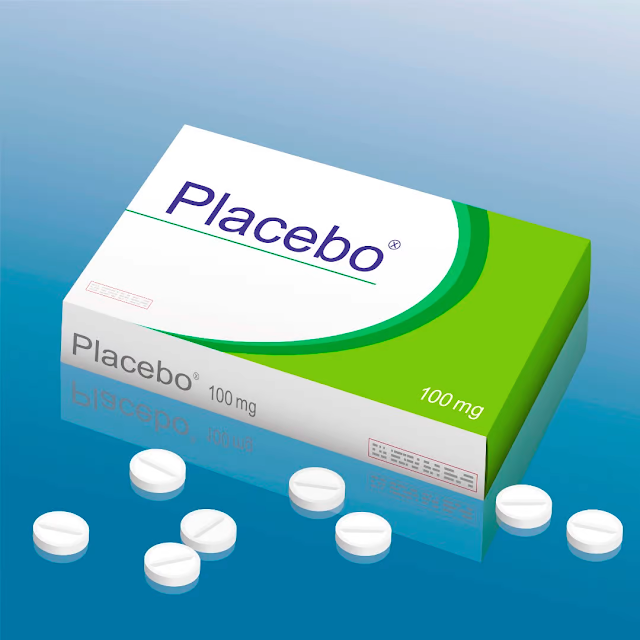What is Addiction?
Many people use
substances to cope with personal and systemic problems. Substance use,
substance abuse and addiction can be born out of many experiences including
childhood trauma, chronic or acute mental and/or physical health challenges,
traumatic experiences, job loss, housing or relationship loss, grief, death and
loss, experiencing the impacts of economic recessions, social drinking/social
drug use, familial/cultural/societal expectations and many others.
Substances can
include alcohol (beer, wine, liquor), prescription and over the counter
medications, weed/marijuana, cocaine, fentanyl, heroin, ketamine,
tobacco/nicotine, vapes and the list goes on. All of these have varying degrees
of impact on our bodies, minds and spirits and can impact other areas of our
lives as well. However, substances aren’t the only thing we can use or abuse.
There are also what are called “process or behavioral addictions” which can
include shopping/retail therapy, dieting, exercise, eating disorders and
disordered eating, working/overworking, internet activity, out of control
sexual behaviors, video gaming, social media use/over use, phone use/over use
and gambling, to name a few.
Distinguishing the
line between non-problematic use and abuse/addiction is subjective to each
individual. Some important things to consider if you’re curious or concerned
about your substance use or behaviors, are: Does engaging in the behavior or
using the substance get in the way of living a full life? Do you notice
yourself yearning or craving for the next time you use or engage in the
behavior? Under what conditions, circumstances or situations do you find
yourself reaching for substances or engaging in the behavior? How frequently do
you use the substance or engage in the behavior?
We are each capable
or defining and redefining our relationship to substances and behaviors. We
each get to determine what we want our use/behavior to be. We get to decide if
we want to limit our use/behavior, decrease our use/behavior, continue our use/behavior
or leave our use/behaviors as is. Each of these decisions carries its own
potential outcomes and we get to decide which outcomes we are willing to accept
or are comfortable with and which outcomes we are not comfortable with.
If you’re interested, our Counselor Tammah Watts, LMFT facilitates a SMART-informed Recovery Support Group on Thursdays from 12pm-1pm both online and in person for students dealing with addictive behaviors of any kind. Please see below for a copy of the flyer and you can also reach out to our office to ask for more information. As always you can also stop by for a drop-in session or schedule weekly sessions with us to discuss the topic of substance use, abuse and addictions.
Further reading and resources:
●
Substance Abuse and Mental Health
Services Administration (SAMHSA) https://www.samhsa.gov/
●
American Addiction Centers:
Process Addictions and Abuse https://americanaddictioncenters.org/process-addictions-abuse
●
Harm Reduction: Principles of Harm
Reduction https://harmreduction.org/about-us/principles-of-harm-reduction/
●
Moderation Management for Alcohol
Use: https://moderation.org/about-mm-support-overview/about-us
● SMART Recovery Support Groups: https://smartrecovery.org/

.jpg)



Comments
Post a Comment